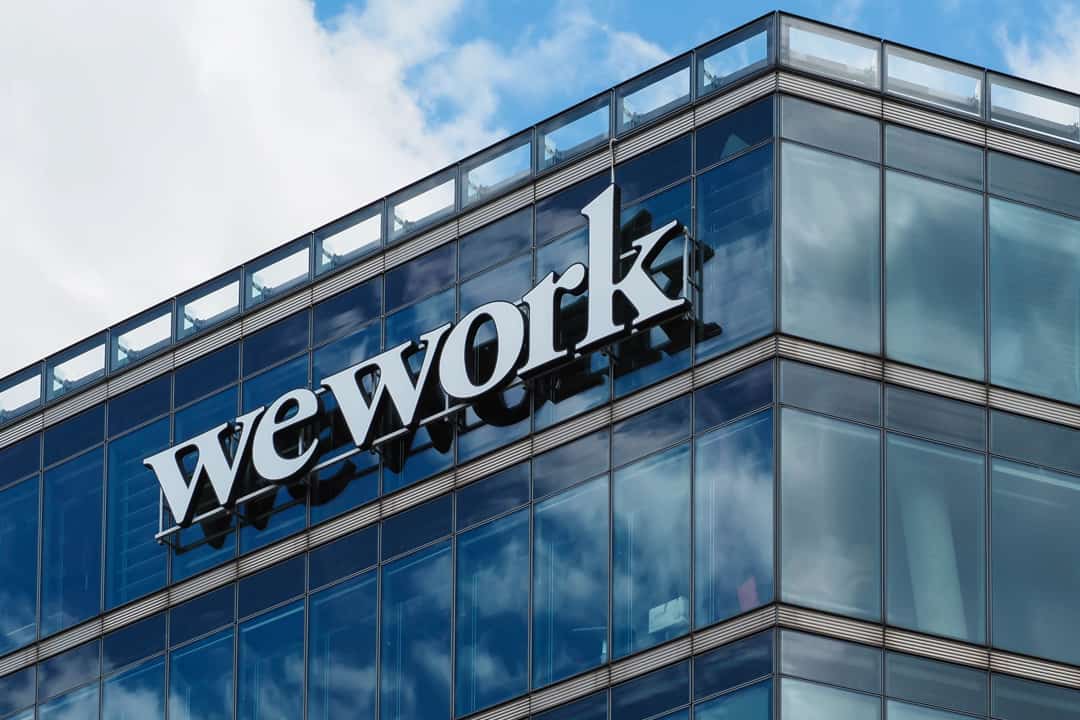– WeWork plans to terminate a 300,000-square-foot lease at Tower 49, which serves as its headquarters and one of its largest coworking spaces.
- This action is to reject some of its largest leases and manage an extensive restructuring plan aimed at reducing debts.
- As WeWork exits this key location, efforts are underway to relocate its 2,800 members and ensure business continuity amidst its financial restructuring.
In a decisive move reflecting its ongoing financial challenges, WeWork announced it will close its Manhattan headquarters located at Tower 49. This decision comes as part of the company’s bankruptcy proceedings, with the intent to reject the lease by May 31 highlighted in a recent court filing. The headquarters, one of WeWork’s largest coworking locations, spans over 300,000 square feet across 20 floors, representing a significant portion of the building owned by Kato International.
This closure marks a pivotal moment in WeWork’s restructuring efforts, aimed at slashing operating costs and navigating out of bankruptcy. The company initially secured the lease in 2016, expanding to occupy half of the building’s rentable space. Despite negotiations, WeWork has been unable to formulate a viable plan to sustain operations at this location long-term, leading to the decision to vacate one of its most prominent spaces.
The implications of this move are significant. WeWork is not only relinquishing its primary corporate office but also a major hub for its 2,800 members. The company is actively seeking alternative arrangements for affected members, emphasizing its commitment to minimal disruption. Meanwhile, discussions with Kato International have resolved the landlord’s objections within the bankruptcy proceedings, with both parties expressing a mutual resolution to the lease termination.
The broader impact on WeWork’s future remains a concern, as the company must now manage the fallout of losing a central operational base while still aiming to emerge from bankruptcy as a leaner, more focused entity. This strategic contraction is seen as necessary to alleviate financial pressures and reposition WeWork in a challenging real estate market.

